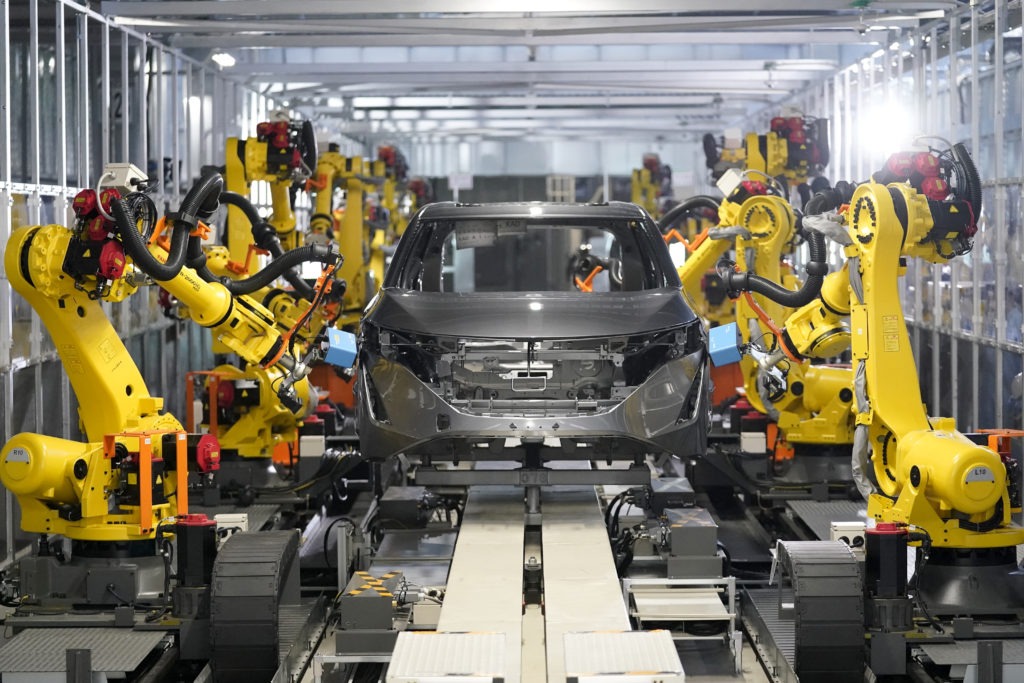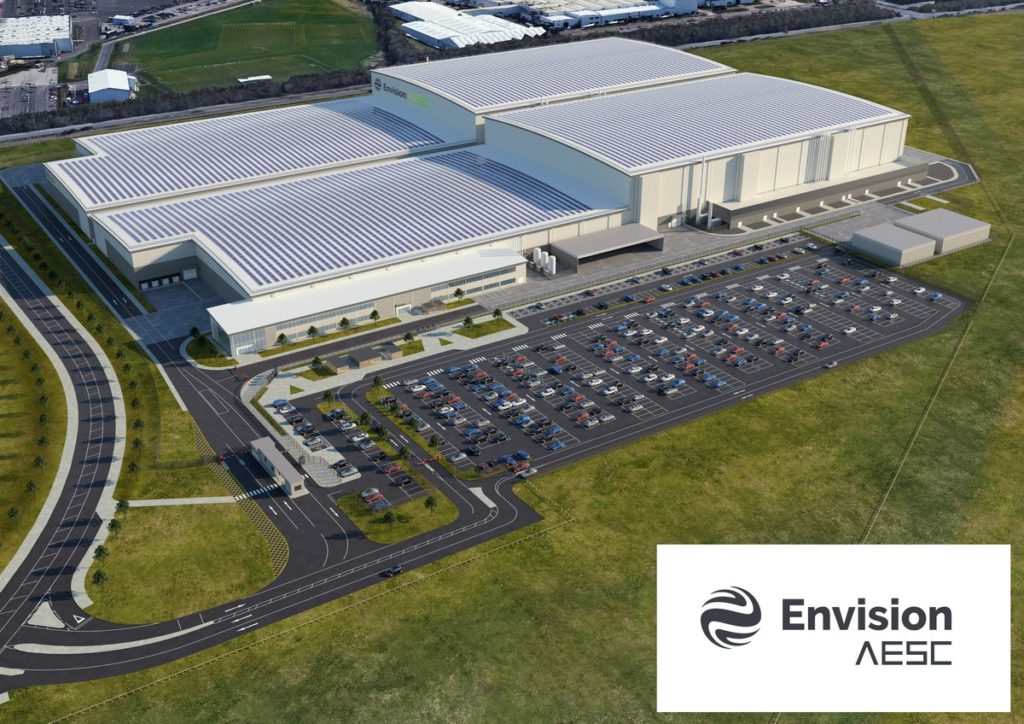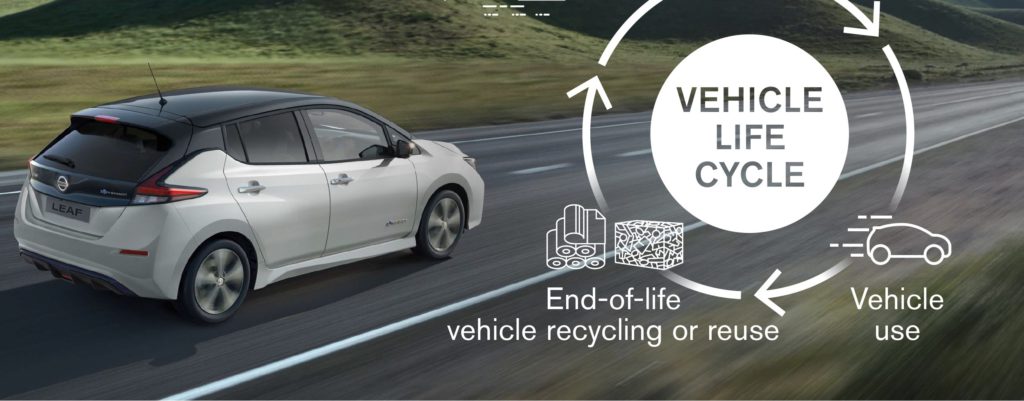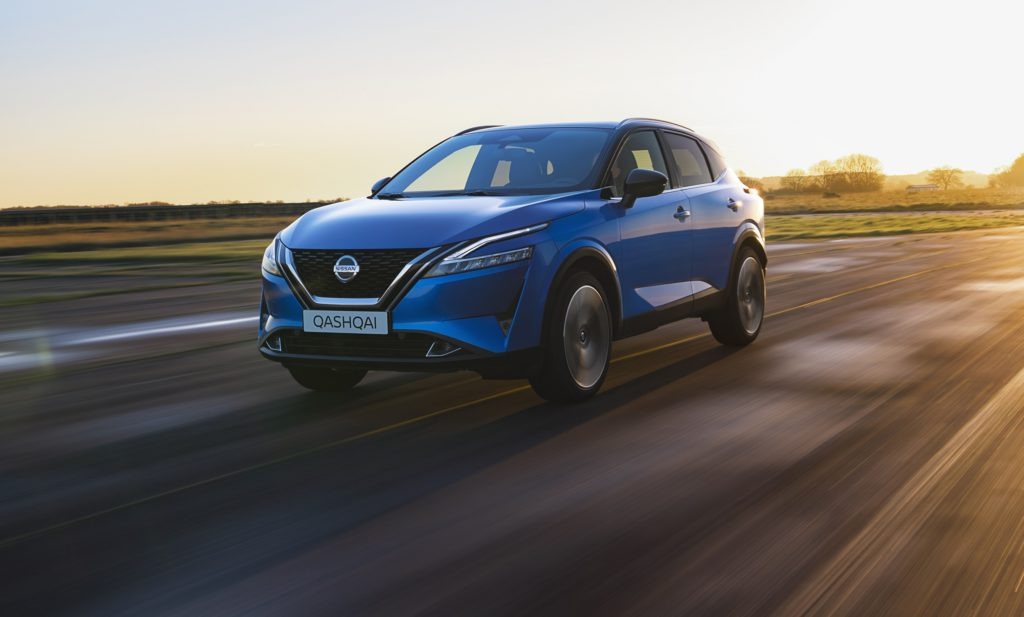Nissan to pump €15.5 billion into electrification with 23 new EVs by 2030
30 November 2021
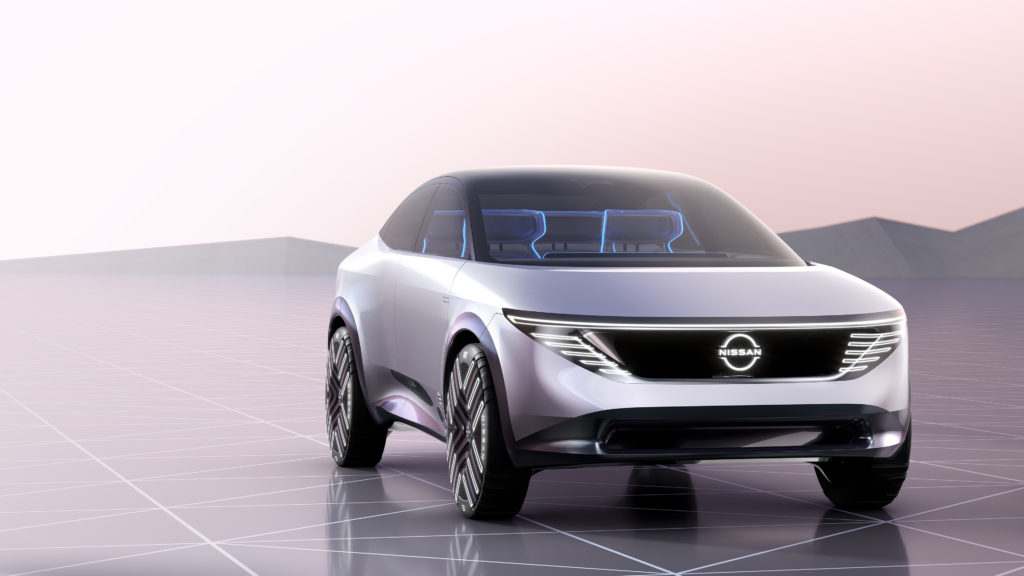
Carmakers have been ramping up their electromobility strategies, and Nissan is the latest brand to announce its bid to become a more sustainable company. The Japanese manufacturer said it will invest ¥2 trillion (€15.55 billion) over the next five years to speed up electrification in a market that has become highly competitive.
Mixing up EV sales
Nissan aims to go carbon-neutral by 2050 and as part of this plan will launch 23 new electrically-chargeable vehicle (EV) models by 2030. The manufacturer has set clear EV sales targets of more than 75% in Europe, 55% in Japan, and 40% in China by 2026. In the US, Nissan hopes EVs will make up 40% of sales by 2030. It also said half of its models will be electrified by 2030.
The company is known for having launched one of the world’s first mass-market EVs, the Nissan Leaf. ‘We are proud of our long track record of innovation, and of our role in delivering the EV revolution,’ said Nissan COO Ashwani Gupta. ‘With our new ambition, we continue to take the lead in accelerating the natural shift to EVs by creating customer pull through an attractive proposition by driving excitement, enabling adoption and creating a cleaner world.’
Its long-term strategy, dubbed Nissan Ambition 2030, did not mention when Nissan intends to end the production of internal combustion engine (ICE) vehicles. At the UN’s recent climate summit in Glasgow, several carmakers – including Ford, Volvo and General Motors – pledged to phase out fossil-fuel vehicles by 2040. Nissan did not back the deal, alongside its powerful Japanese rival Toyota.
As part of the announcement made this week, Nissan said it will advance technologies to reduce carbon emissions and pursue new-business opportunities. This includes the development of its lithium-ion battery technologies. By 2028, the carmaker aims to roll out cobalt-free technology, helping cut lithium-ion battery costs by 65%.
Catching up
The manufacturer is betting on all-solid-state battery technology (ASSB), which deliver better EV range and power density. Plans are underway to launch ASSB by 2028, with a pilot plant in Yokohama ready to start operations in 2024. This way, the company is hoping to drastically reduce battery pack costs. Nissan is catching up with other carmakers in this field – Toyota wants to introduce solid-state batteries by the mid-2020s.
The manufacturer also plans to create a global battery-supply system to meet growing demand, aiming to increase its worldwide battery-production capacity to 52GWh by 2026, and 130GWh by 2030. Autonomous technology is also part of the company’s mobility strategy as it aims to incorporate lidar (light detection and ranging) systems on every new model by 2030.
Apart from technological upgrades, the company aims to ‘democratise’ electrification, hoping to make EVs more affordable and sustainable. Part of this effort includes the expansion of its battery-refurbishing facilities beyond Japan, with the carmaker aiming to add new locations in Europe in 2022, and the US by 2025. These measures will help Nissan create a circular economy in energy management, as it plans to commercialise its vehicle-to-everything and home-battery systems by the middle of the decade.
‘With Nissan Ambition 2030, we will drive the new age of electrification, advance technologies to reduce carbon footprint and pursue new business opportunities,’ said Nissan CEO Makoto Uchida. ‘We want to transform Nissan to become a sustainable company that is truly needed by customers and society.’
Last month, the company revealed it would build a ‘world-first’ EV manufacturing ecosystem at its Sunderland plant in the UK. The facility will include a new battery gigafactory, renewable-energy production and energy-storage solutions.
